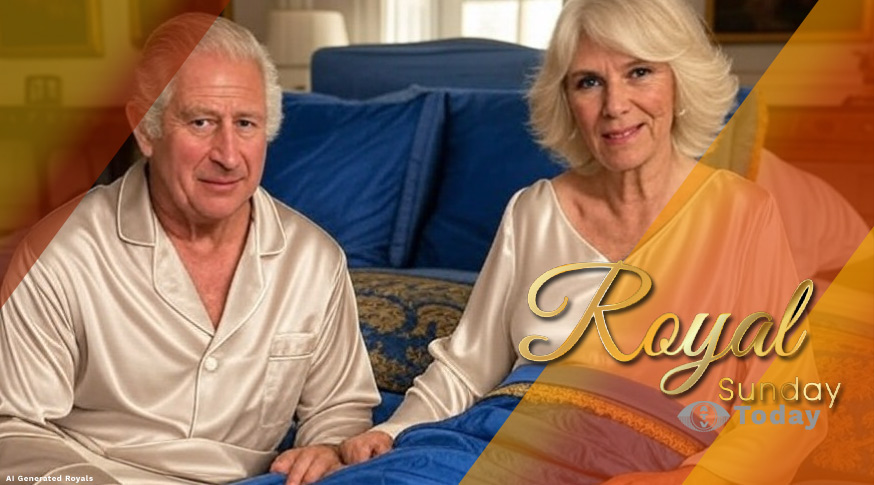A right royal Sunday of specials…
Imagine receiving a video message from King Charles III himself—only to discover it’s a sophisticated deepfake designed to manipulate and deceive.
As AI-generated scams become increasingly convincing, cybersecurity experts warn that even the most high-profile figures, including the British monarchy, are at risk of digital impersonation. Surveillance and security experts from Online Spy Shop caution that deepfake technology has advanced to a point where distinguishing real from fake is becoming nearly impossible—raising alarming concerns about identity theft, fraud, and national security.
Could cybercriminals use AI to hijack the royal identity and exploit the public’s trust? Experts say the threat is no longer science fiction—it’s already here.
Deepfake technology relies on machine learning and AI to study vast amounts of video and audio data, creating near-perfect digital replicas of individuals. These forgeries can be used for:
- Financial fraud – A convincing deepfake of King Charles could be used to request funds, endorse financial schemes, or authorize transactions.
- Misinformation and propaganda – Fake videos of the monarch delivering false statements could manipulate public perception or cause political unrest.
- Social engineering scams – Fraudsters could exploit royal deepfakes to target charities, businesses, or even members of the Royal Family with deceptive messages or calls.
According to a 2023 report by Cybersecurity Ventures, deepfake-related crimes are expected to cost businesses over £20 billion annually by 2027. This alarming figure underscores just how lucrative and dangerous AI-driven scams have become.
High-profile figures like King Charles are especially vulnerable due to the sheer volume of publicly available footage of them. From televised speeches to online clips, the abundance of video and audio material makes it easier for AI systems to construct hyper-realistic forgeries.
Professor Hany Farid, a digital forensics expert from the University of California, warns that deepfake technology is progressing at an alarming rate, making detection increasingly difficult. “We’re at a point where, without advanced forensic analysis, most people won’t be able to tell the difference between a real and a fake video,” he says.
The Royal Household, with its deep-seated influence and extensive engagements, presents an attractive target for cybercriminals looking to exploit public trust. A single convincing deepfake of King Charles could have profound consequences—potentially misleading world leaders, financial institutions, or even British citizens.
Given the severity of the risk, security experts stress the importance of proactive measures to combat deepfake scams. Online Spy Shop recommends the following strategies to mitigate the threat:
- Advanced Deepfake Detection Tools – AI-driven forensic software can analyze video and audio for signs of manipulation. Governments and businesses must invest in these tools to verify authenticity.
- Public Awareness Campaigns – Educating the public on deepfake scams can help prevent individuals from falling victim to fraudulent messages or videos.
- Strict Verification Protocols – Organizations that interact with high-profile individuals should implement multi-factor authentication and real-time verification measures.
- Legislative Action – Governments must update cybersecurity laws to criminalize deepfake-related fraud and hold perpetrators accountable.











